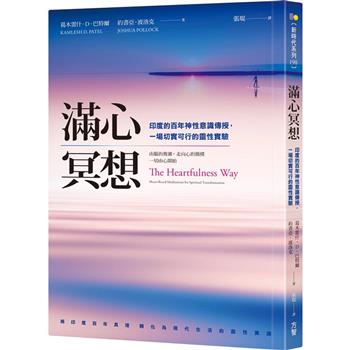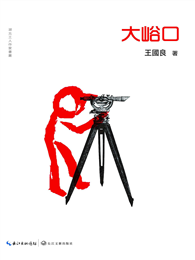This is the first book to offer a thorough examination of the relationship that Stanley Cavell’s celebrated philosophical work has to the ways in which the United States has been imagined and articulated in its literature. Establishing the contours of Cavell’s most significant readings of American philosophical and cultural activity, the volume explores how his philosophy and the kind of reading it demands have an important relation to broader considerations of the American national imaginary. Focused, coherent, and original essays from a wide range of philosophers and critics consider how his investigations of Henry David Thoreau and Ralph Waldo Emerson, for example, represent a sustained engagement with the ways in which philosophy might provide us with new ways of thinking and of living. This is the first detailed and comprehensive treatment of "America" as a category of enquiry in Cavell’s writing, engaging with the terms of Cavell’s various configurations of the nation and offering readings of American texts that illustrate the possibilities that Cavell’s work has, in turn, for literary and film criticism. This study of the role played by philosophy in the articulation of the American self-imaginary highlights the ways in which the reading of literature, and the practice of philosophy, are conjoined in the ethical and political project of national self-definition.
| FindBook |
有 1 項符合
Stanley Cavell, Literature, and Film: The Idea of America的圖書 |
 |
Stanley Cavell, Literature, and Film: The Idea of America 出版社:Routledge 出版日期:2017-05-24 語言:英文 規格:平裝 / 248頁 / 普通級/ 初版 |
| 圖書館借閱 |
| 國家圖書館 | 全國圖書書目資訊網 | 國立公共資訊圖書館 | 電子書服務平台 | MetaCat 跨館整合查詢 |
| 臺北市立圖書館 | 新北市立圖書館 | 基隆市公共圖書館 | 桃園市立圖書館 | 新竹縣公共圖書館 |
| 苗栗縣立圖書館 | 臺中市立圖書館 | 彰化縣公共圖書館 | 南投縣文化局 | 雲林縣公共圖書館 |
| 嘉義縣圖書館 | 臺南市立圖書館 | 高雄市立圖書館 | 屏東縣公共圖書館 | 宜蘭縣公共圖書館 |
| 花蓮縣文化局 | 臺東縣文化處 |
|
|
圖書介紹 - 資料來源:博客來 評分:
圖書名稱:Stanley Cavell, Literature, and Film: The Idea of America
Frames of Resistance
A Companion to the Aeneid in Translation: Volume 2: Books 1-6
A Companion to the Aeneid in Translation: Volume 1: Introduction and Indices
In the Future of Yesterday: A Life of Stefan Zweig
Orientation in European Romanticism: The Art of Falling Upwards
Jane Austen and Other Minds: Ordinary Language Philosophy in Literary Fiction
Henry James and the Writing of Transport
Memory and Mortality in Renaissance England
Behind Kṛṣṇa’s Smile: The Lord’s Hint of Laughter in the Bhagavadgītā And Beyond
Common Scents: Poetry, Modernity, and a Revolution of the Senses
A Companion to the Aeneid in Translation: Volume 2: Books 1-6
A Companion to the Aeneid in Translation: Volume 1: Introduction and Indices
In the Future of Yesterday: A Life of Stefan Zweig
Orientation in European Romanticism: The Art of Falling Upwards
Jane Austen and Other Minds: Ordinary Language Philosophy in Literary Fiction
Henry James and the Writing of Transport
Memory and Mortality in Renaissance England
Behind Kṛṣṇa’s Smile: The Lord’s Hint of Laughter in the Bhagavadgītā And Beyond
Common Scents: Poetry, Modernity, and a Revolution of the Senses
|










